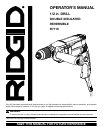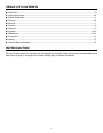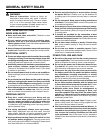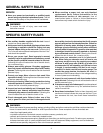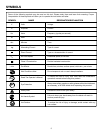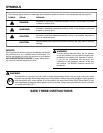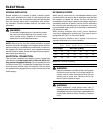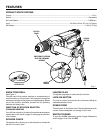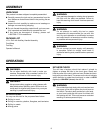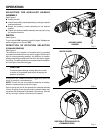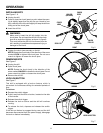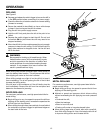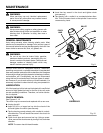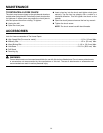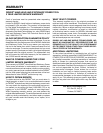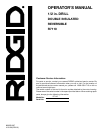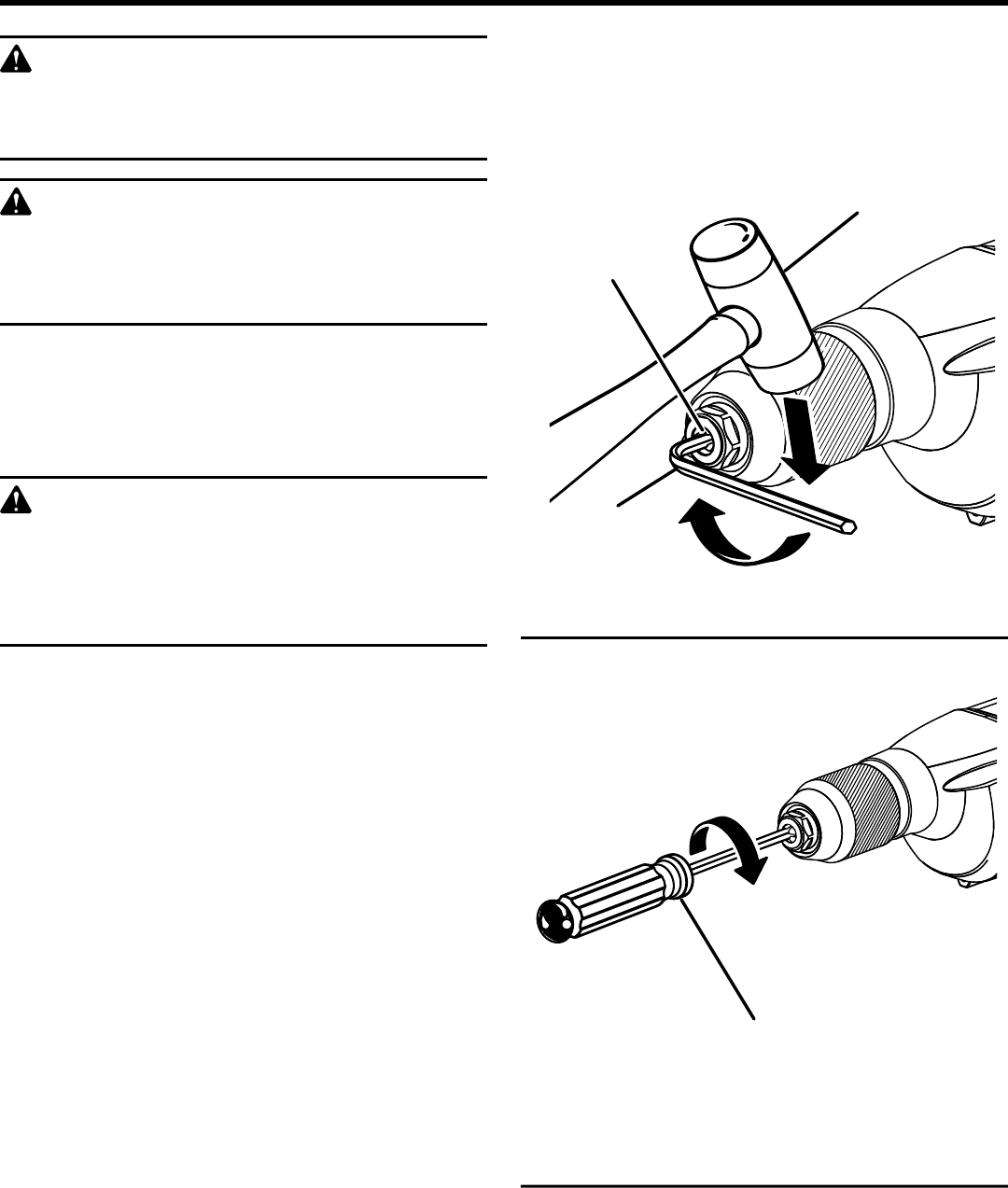
13
MAINTENANCE
WARNING:
When servicing use only identical replacement
parts. Use of any other parts may create a hazard
or cause product damage.
WARNING:
Always wear safety goggles or safety glasses with
side shields during power tool operation or when
blowing dust. If operation is dusty, also wear a
dust mask.
GENERAL MAINTENANCE
Avoid using solvents when cleaning plastic parts. Most
plastics are susceptible to damage from various types of
commercial solvents and may be damaged by their use. Use
clean cloths to remove dirt, dust, oil, grease, etc.
WARNING:
Do not at any time let brake fluids, gasoline,
petroleum-based products, penetrating oils, etc.,
come in contact with plastic parts. Chemicals can
damage, weaken or destroy plastic which may
result in serious personal injury.
Electric tools used on fiberglass material, wallboard,
spackling compounds, or plaster are subject to accelerated
wear and possible premature failure because the fiberglass
chips and grindings are highly abrasive to bearings, brushes,
commutators, etc. Consequently, we do not recommend
using this tool for extended work on these types of materi-
als. However, if you do work with any of these materials, it is
extremely important to clean the tool using compressed air.
LUBRICATION
All of the bearings in this tool are lubricated with a sufficient
amount of high grade lubricant for the life of the unit under
normal operating conditions. Therefore, no further lubrica-
tion is required.
CHUCK REMOVAL
See Figures 9 - 10.
The chuck may be removed and replaced with a new one.
Unplug the drill.
Insert a 5/16 in. or larger hex key into the chuck of the
drill and tighten the chuck jaws securely.
Tap the hex key wrench sharply with a mallet in a clock-
wise direction. This will loosen the screw in the chuck for
easy removal.
Open chuck jaws and remove hex key. Using a screw-
driver, remove the chuck screw by turning it in a clockwise
direction.
NOTE: The screw has left-hand threads.
Insert hex key wrench in the chuck and tighten chuck
jaws securely.
Tap sharply with a mallet in a counterclockwise direc-
tion. This will loosen chuck on the spindle. It can now be
unscrewed by hand.
Fig. 9
HEX
KEY
MALLET
CHUCK
JAWS
Fig. 10
SCREWDRIVER



